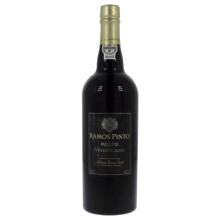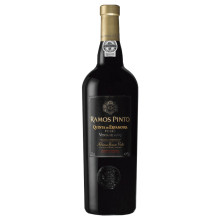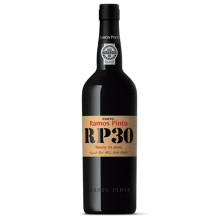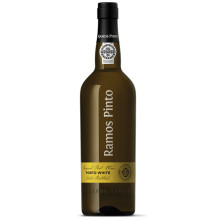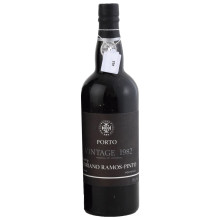
Dow's LBV 2020 Vin de Porto
13,90 €
Wine House Portugal ,
5/ 5
<p>L’histoire de Dow’s est inhabituelle parmi toutes les grandes maisons portuaires.Il commença en 1798 quand Bruno da Silva, marchand portugais d'Oporto, fit un voyage qui était contraire à celui des premiers marchands britanniques.L’activité maritime de Port fut poursuivie par le fils de Bruno, John da Silva, qui, en 1862, fut associé à Frederick William Cosens.Avec l'expansion continue de l'entreprise, Edward da Silva et Frederick Cosens ont été rejoints par George Acheson Warre, dont la famille bien connue a participé au commerce portuaire depuis ses premières années.En 1877, Silva & Cosens fusionna avec une autre grande société portuaire, Dow & Co.</p><p>Bien que plus petit que Silva & Cosens,Dow & Co était devenu un producteur de Port très réputé avec une réputation particulièrement fine pour ses Portos Vintage et lorsque les deux entreprises fusionnent, il a été décidé d’adopter DOW’S comme nom de marque</p><p>Depuis plus de deux siècles, le nom de DOW est associé au plus beau port des vignobles de la vallée du Douro supérieur.Tout au long du 20e siècle et au 21e siècle, la famille Symington s'est bâtie sur l'héritage des familles Silva et Dow précédentes.</p><p>La finition séduisante et distinctive de Dow est la marque reconnaissable des vins de cette grande maison portuaire.</p><p><br /></p><p><br /></p><p><br /></p>
Dwlbv2981
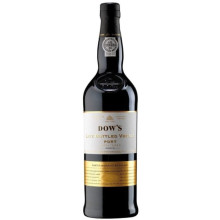
 0 avis
0 avis
